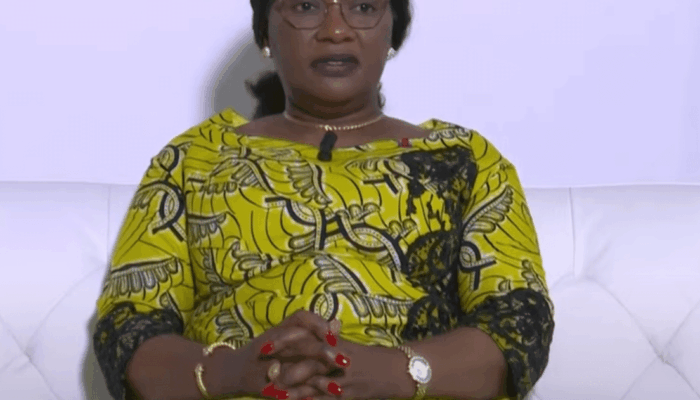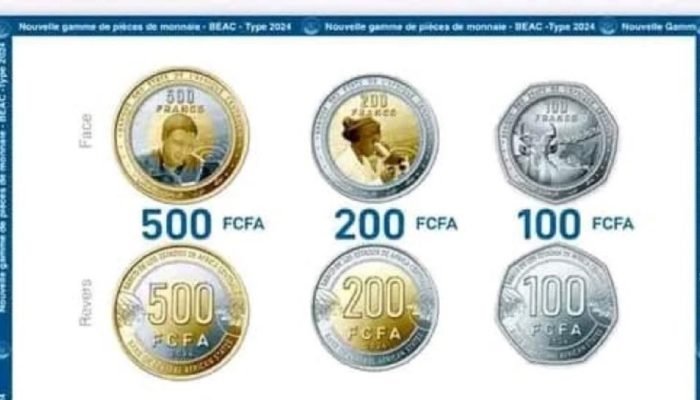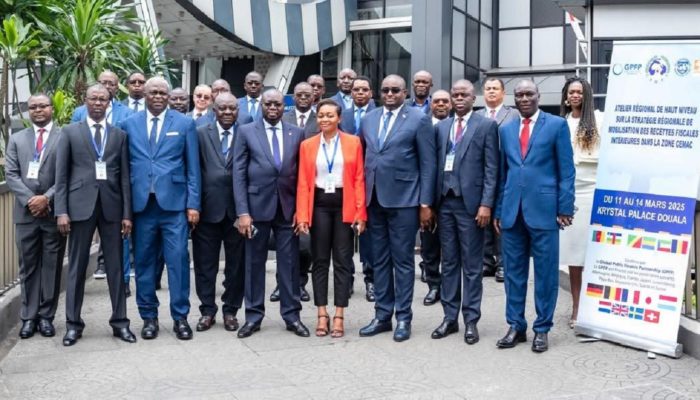Burkina Faso’s Minister of State, Mr. Bassolma Bazie, expressed concerns about the United Nations’ vulnerability to power politics, diplomatic hypocrisy, and misinformation. He criticized the UN’s paralyzed Security Council and the gap between its rhetoric and adherence to UN Charter principles. Drawing parallels between Libya, the Sahel, and the Russia-Ukraine conflict, he demanded accountability for Libya’s turmoil and cautioned against foreign interference in Niger. He questioned France’s role and emphasized the UN’s role as a neutral entity. Bazie also criticized Western support for Ukraine and France’s G5 Sahel framework imposition. He condemned international sanctions on Burkina Faso and defended local armed groups as patriots, rejecting claims of militias.
Mr. Bassolma Bazie, Minister of State and Minister of Civil Service of Burkina Faso, issued a stern warning against the perils of power intoxication, “diplomatic hypocrisy, and state-sponsored falsehoods” that, in his view, pose a serious threat to the United Nations. He decried the paralysis of the Security Council and argued that evidence of the dissonance between rhetoric and adherence to the principles of the UN Charter – such as the right to self-determination, state sovereignty, territorial inviolability, and respect for international law, among others – could be found in the crises in Libya, the Sahel region, and the “Russia-Ukraine conflict.”
Regarding Libya, he demanded apologies from the international community for having “ravaged and brought to its knees” the country, before further tragedy unfolds. He singled out the Economic Community of West African States (ECOWAS), the African Union (AU), and former French President Mr. Nicolas Sarkozy as responsible for the downfall of Colonel Gaddafi.
Building upon this assessment, he drew parallels between foreign interference in Libya and the current situation in Niger. According to the statements released by the Nigerien authorities, France is alleged to be in “collusion with the UN Secretariat,” a situation he finds deeply concerning. He emphasized that the UN should never serve as an instrument for any single country, even one as prominent as France. He also pointed out the contradiction between calls for respect of the Charter and the fact that leaders representing the brotherly people of Niger were practically barred from accessing the United Nations Headquarters. The Burkinabé Minister solemnly called on all African nations to unite further in fraternity “to prevent imperialists from setting Niger ablaze, as they did in Libya.” He stressed that ECOWAS, the AU, and the UN should represent the people rather than being used to destabilize brotherly nations by assassinating their leaders.
Regarding the aggression against Ukraine by the Russian Federation, the Minister criticized several Western countries, including the United States and the European Union (EU), for providing various forms of support, including military assistance, to Ukraine. He expressed surprise at the recognition and praise given to Ukrainian civilian volunteers, some of whom operate tanks and are referred to as patriots.
Throughout his address, he leveled sharp criticism at France, accusing it of “coming out of nowhere to impose its instrument, the G5 Sahel,” while Mali, Burkina Faso, Niger, and other countries had organized themselves along their common borders, pooling their resources to combat terrorism. He also harshly criticized the international community for imposing sanctions on Burkina Faso following the coup d’état on September 30, 2022. He characterized this international community as a “nebulous” entity that displayed “non-assistance to a state plagued by terrorism” and complicity in the “plundering of Africa,” among other accusations. In his view, this international community should be brought before the International Criminal Court (ICC).
The Minister addressed two armed groups operating in Burkina Faso, the “defense and security forces” and the “volunteers for the defense of the homeland,” in positive terms, referring to them as “patriots.” He expressed alarm that some ECOWAS and AU leaders were attempting to misrepresent them as militias to the international community, branding this as “blatant state-sponsored falsehood!” Finally, on the issue of the presence of the Wagner Group in Burkina Faso, which he claimed was promoted by a certain press from the Élysée Palace, he stated that these aforementioned armed groups were, in fact, the Wagner Group. He emphatically declared, “Yes, Mr. President, we are the Wagners of Burkina Faso!”





